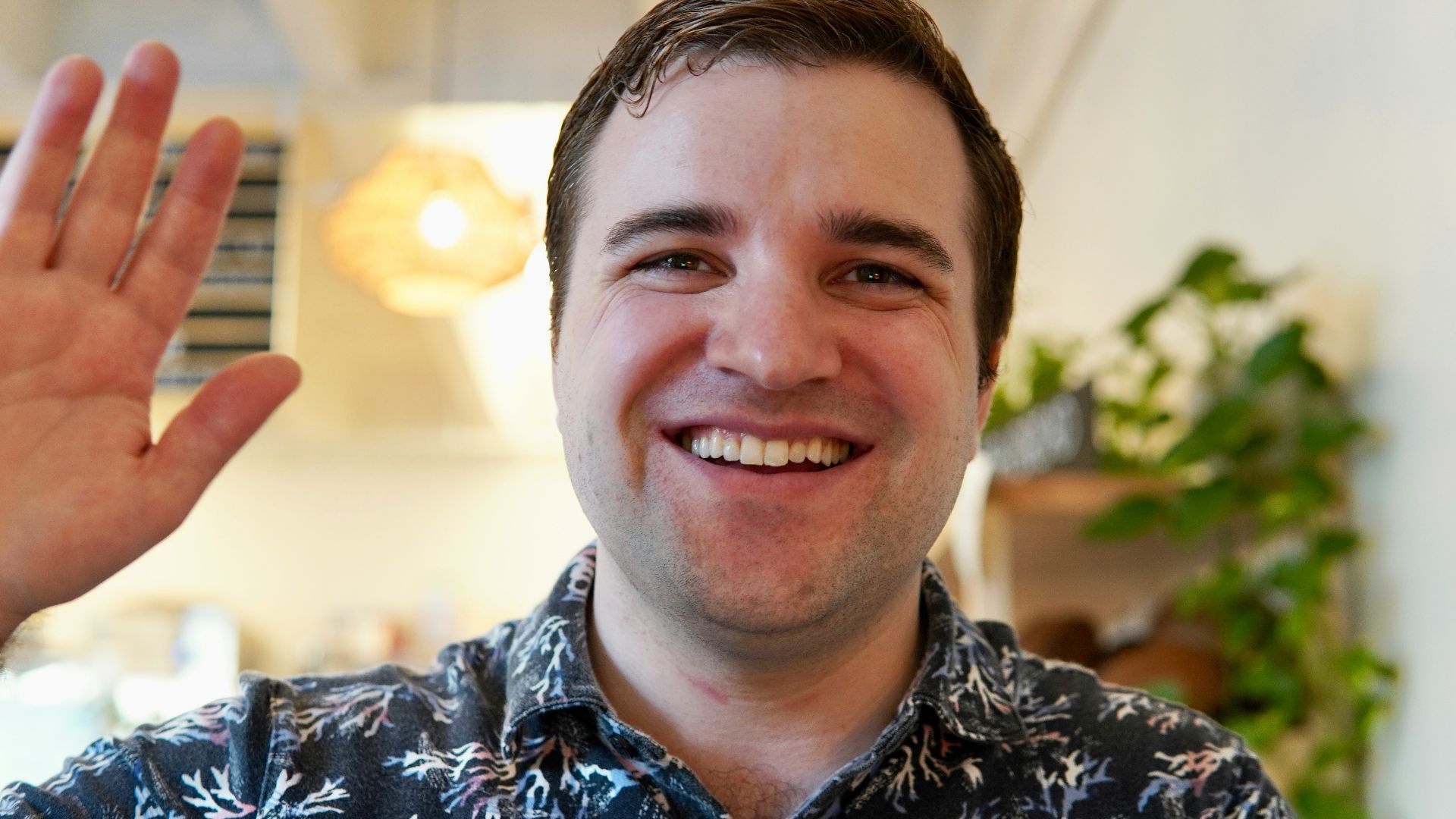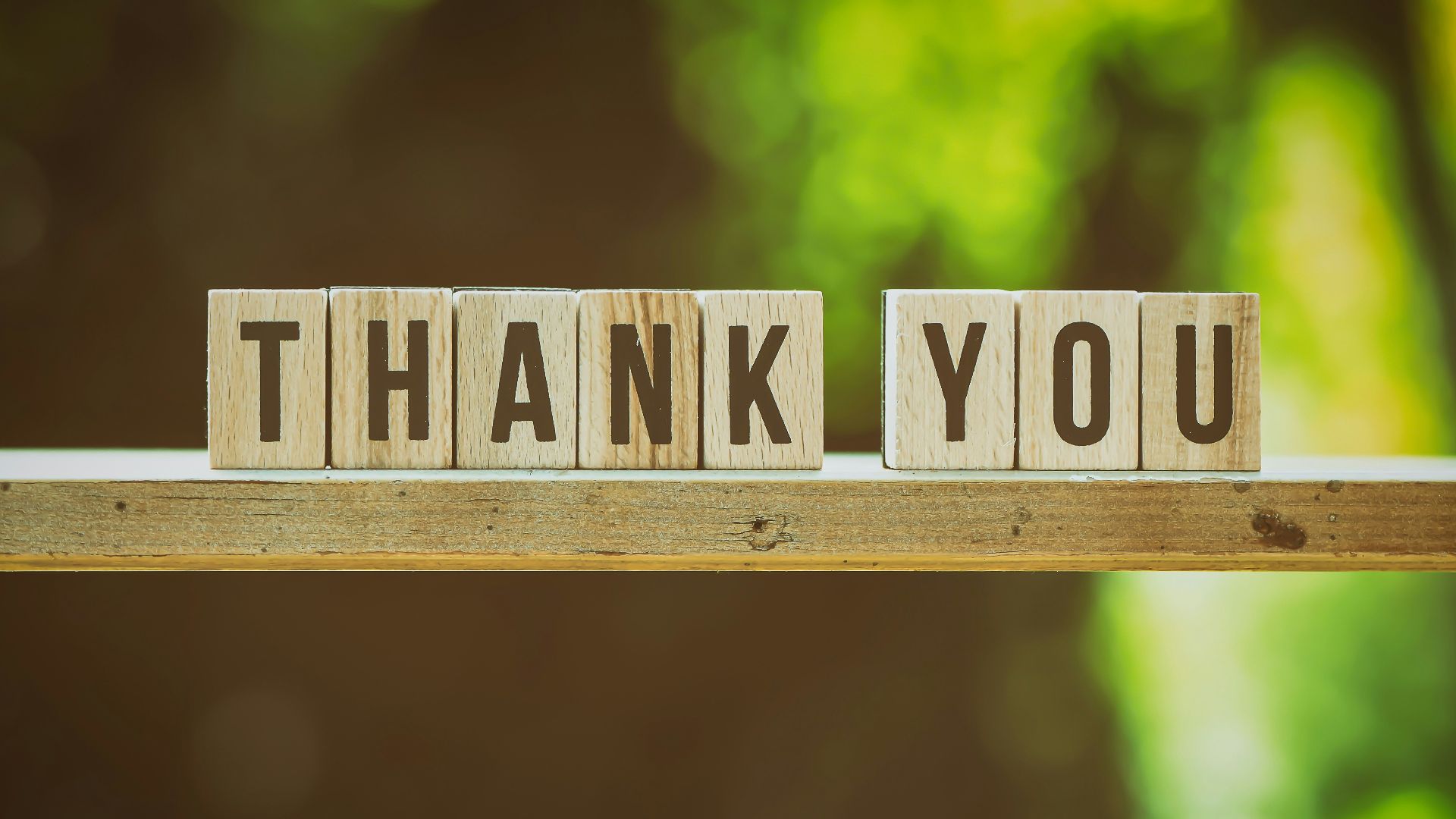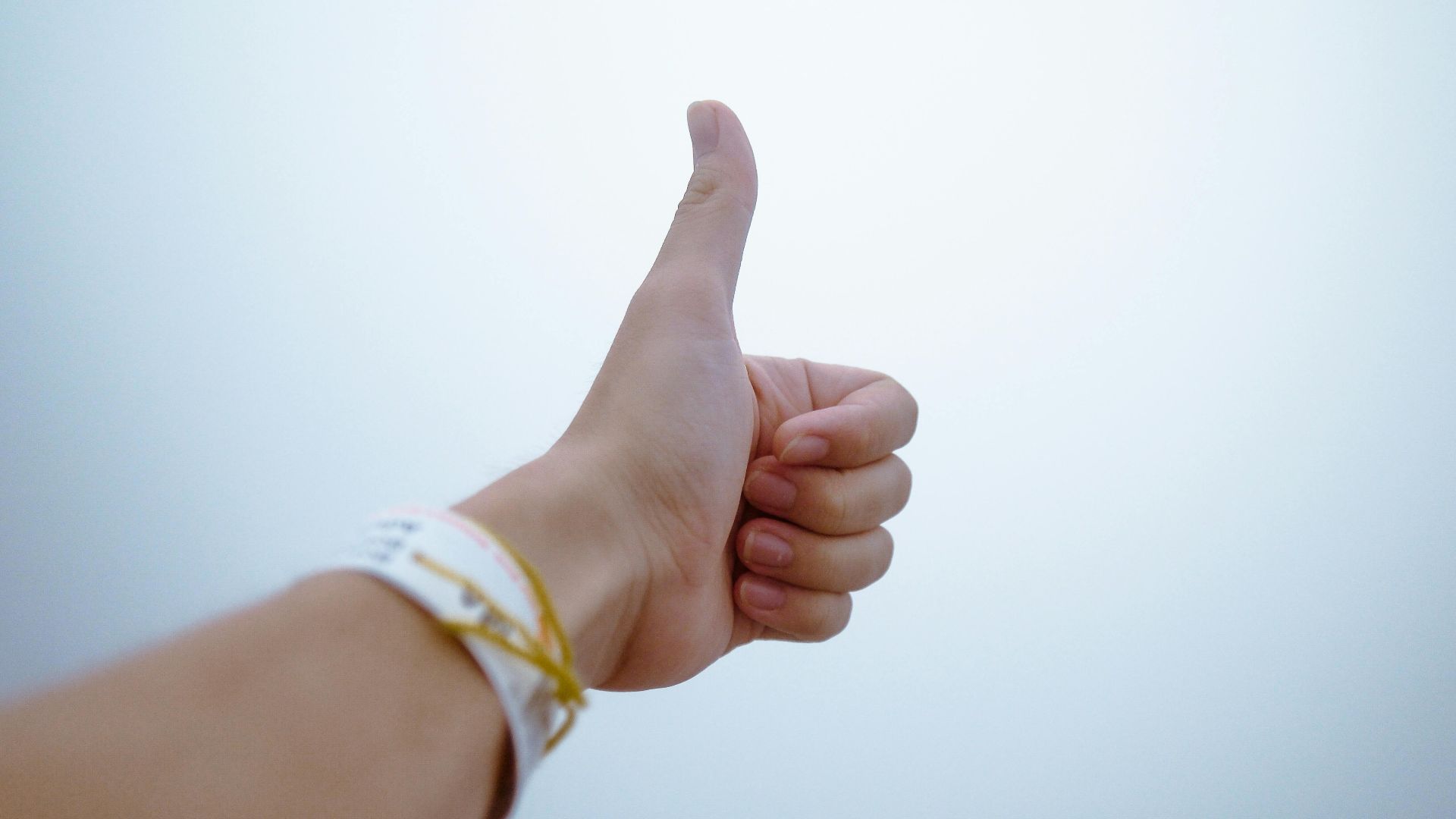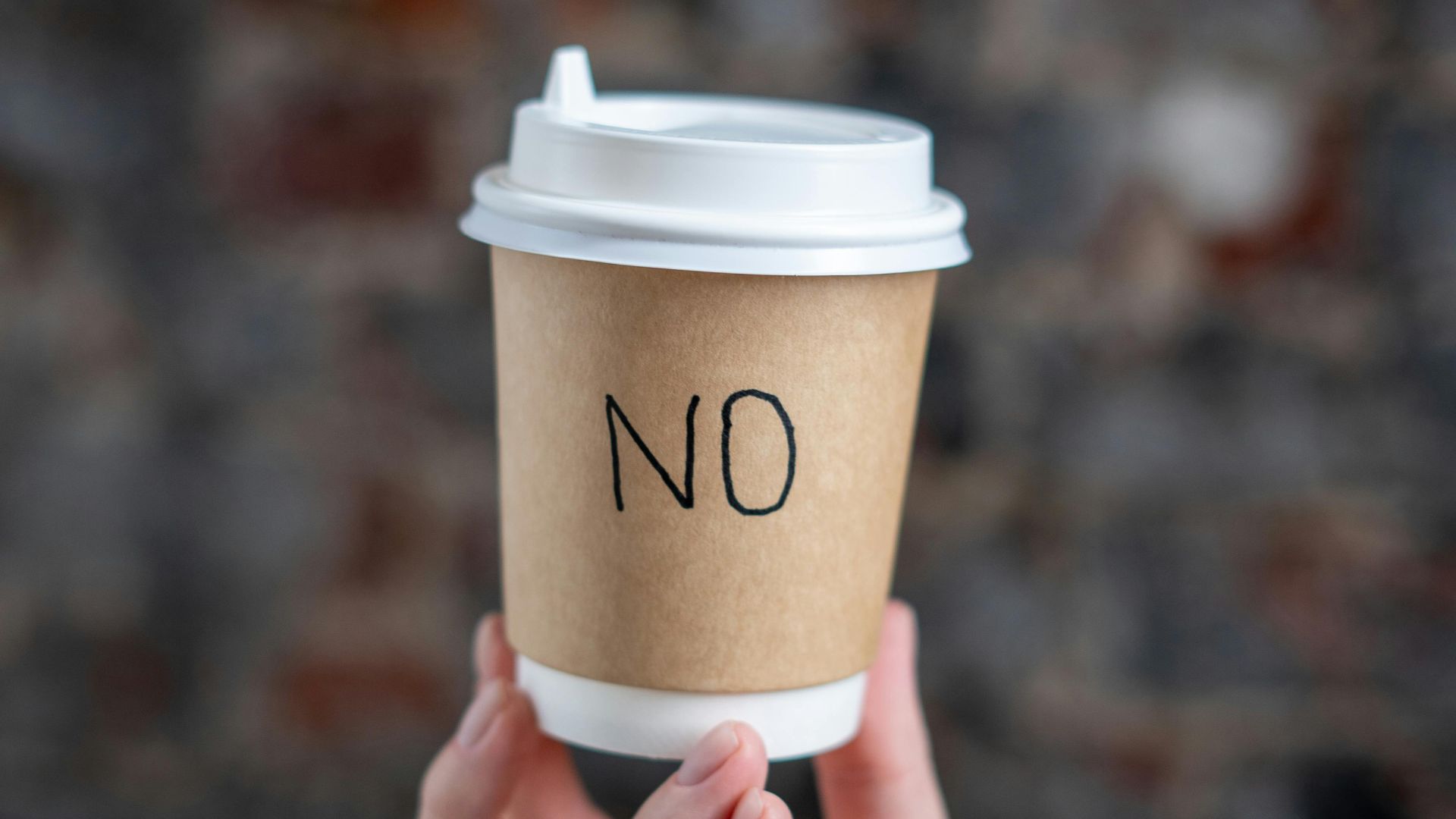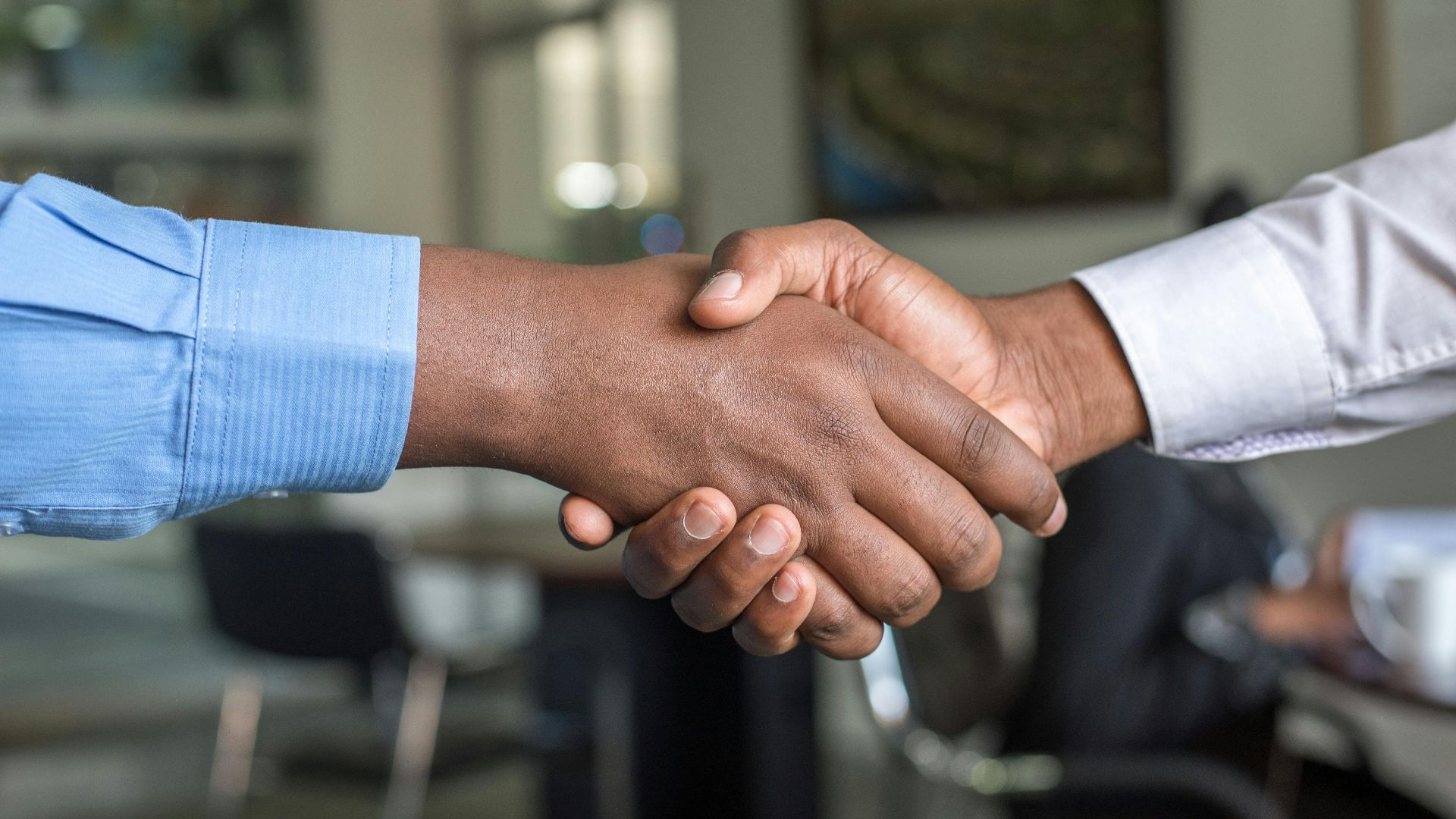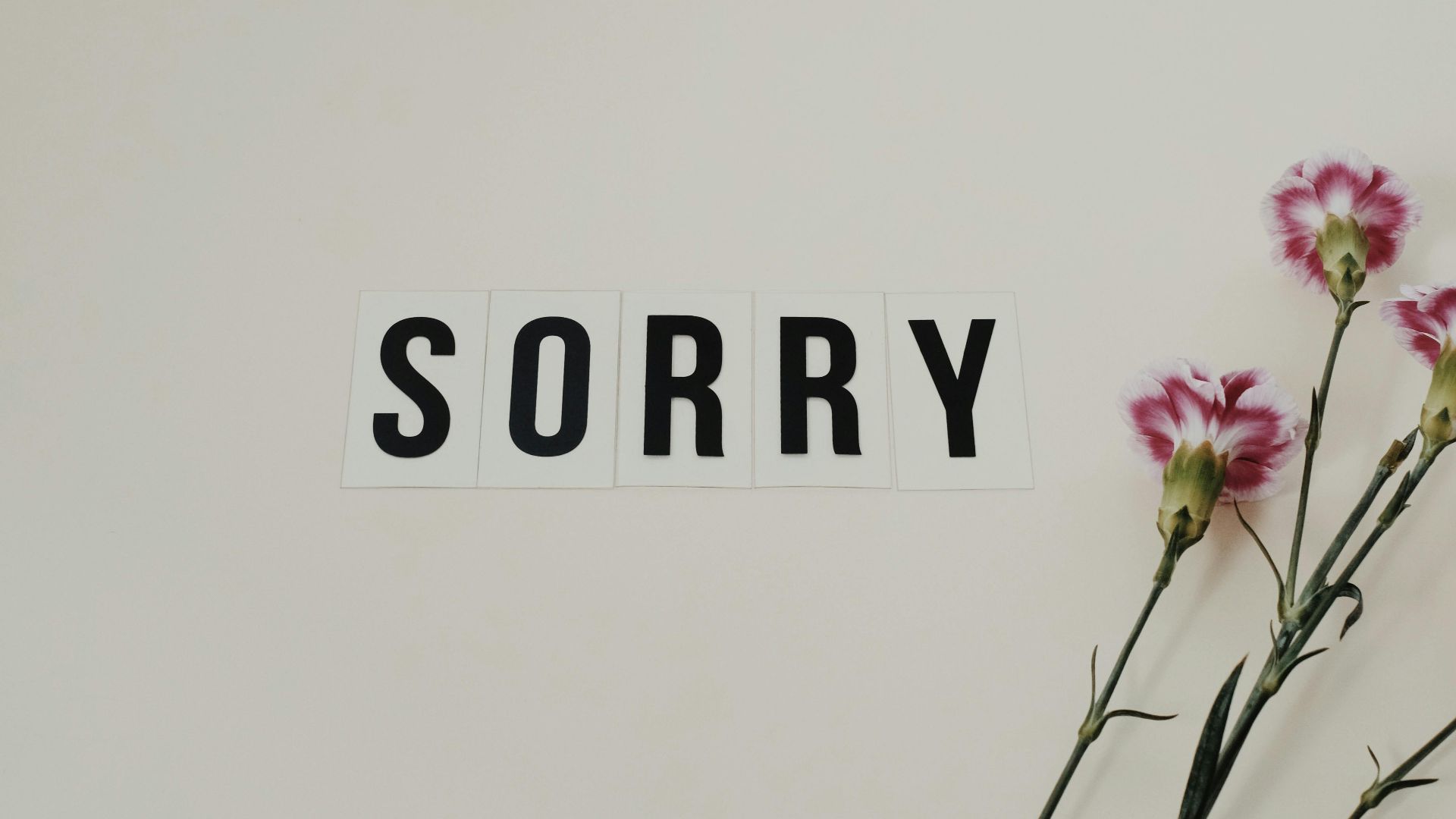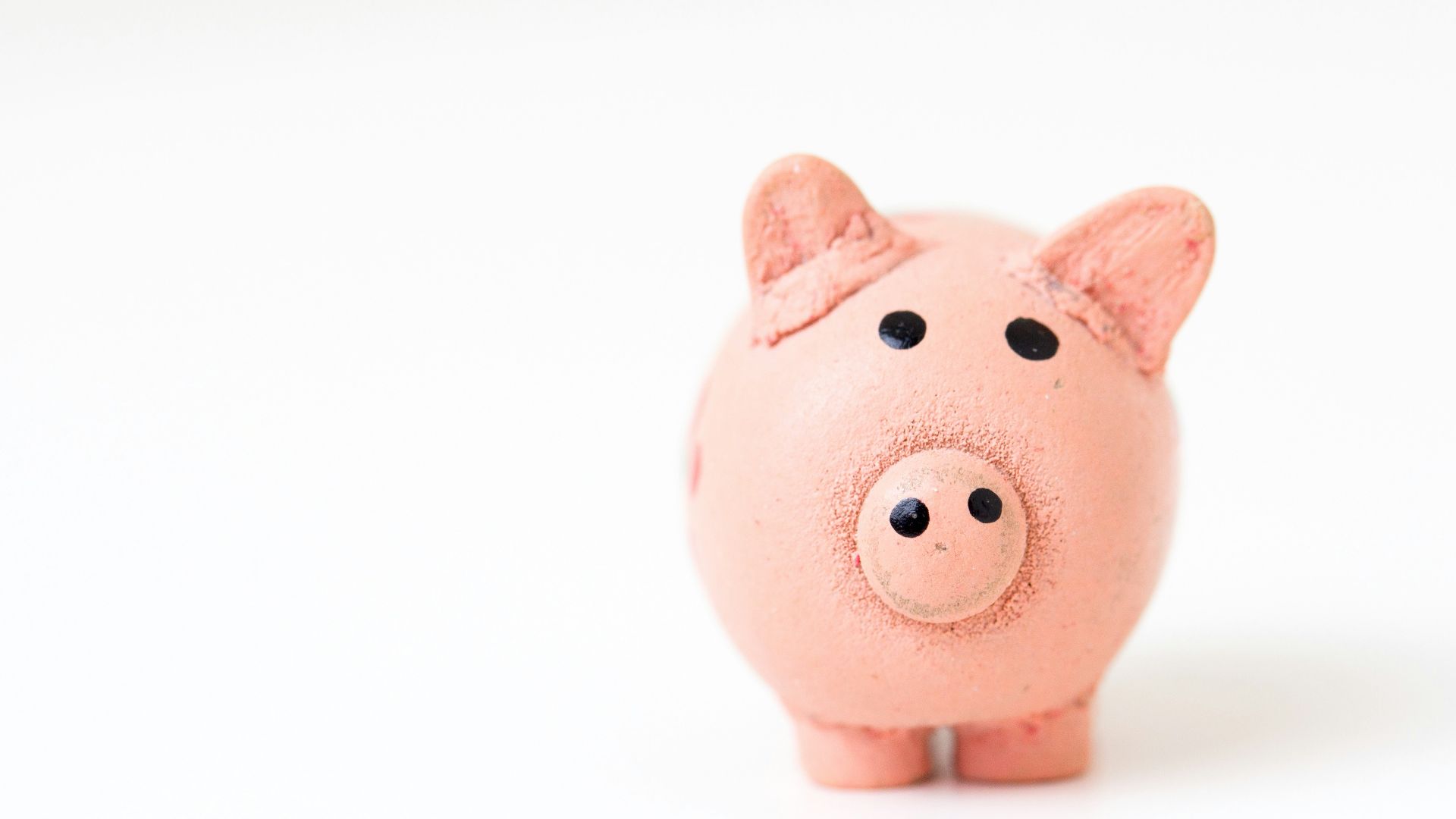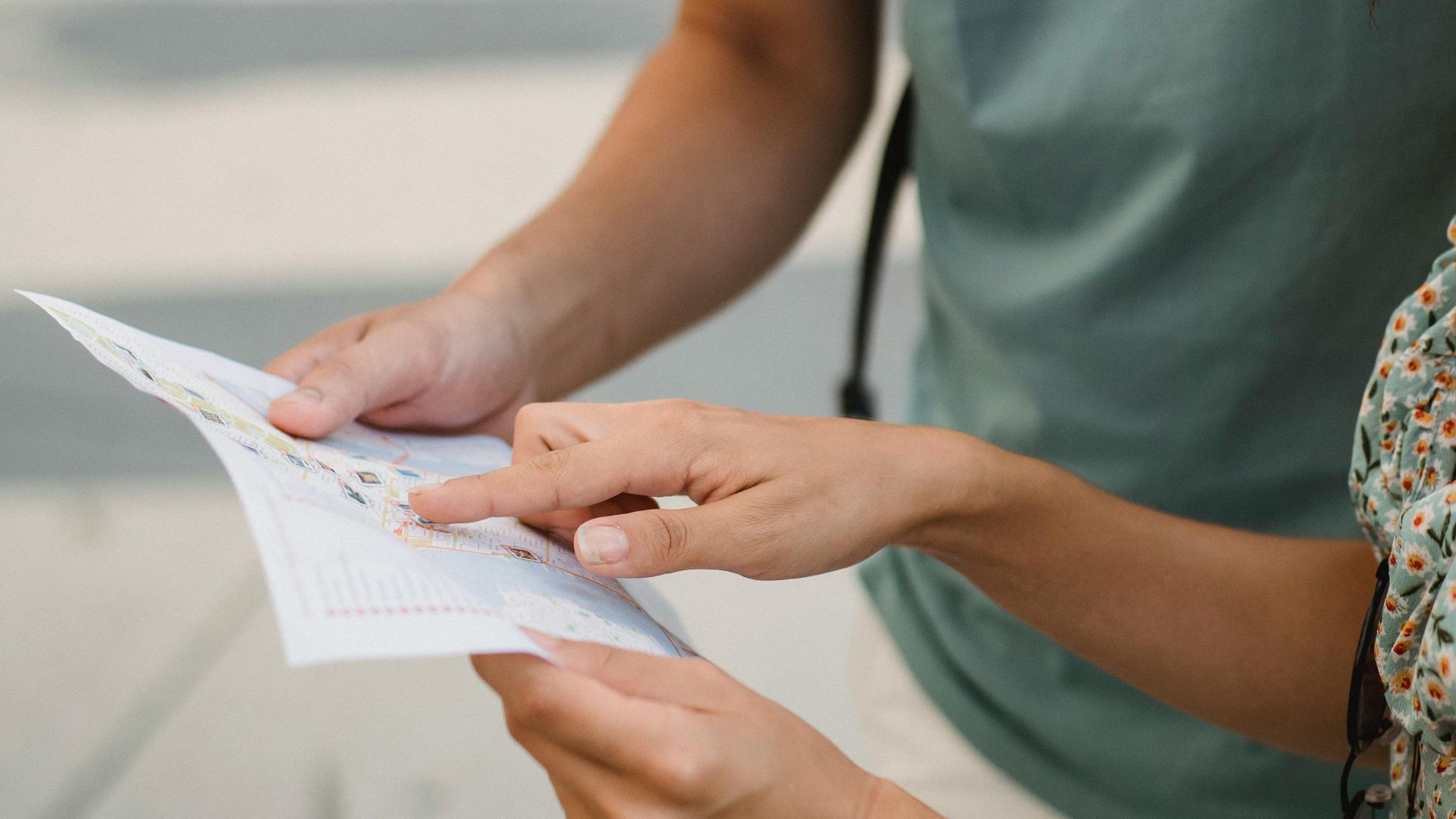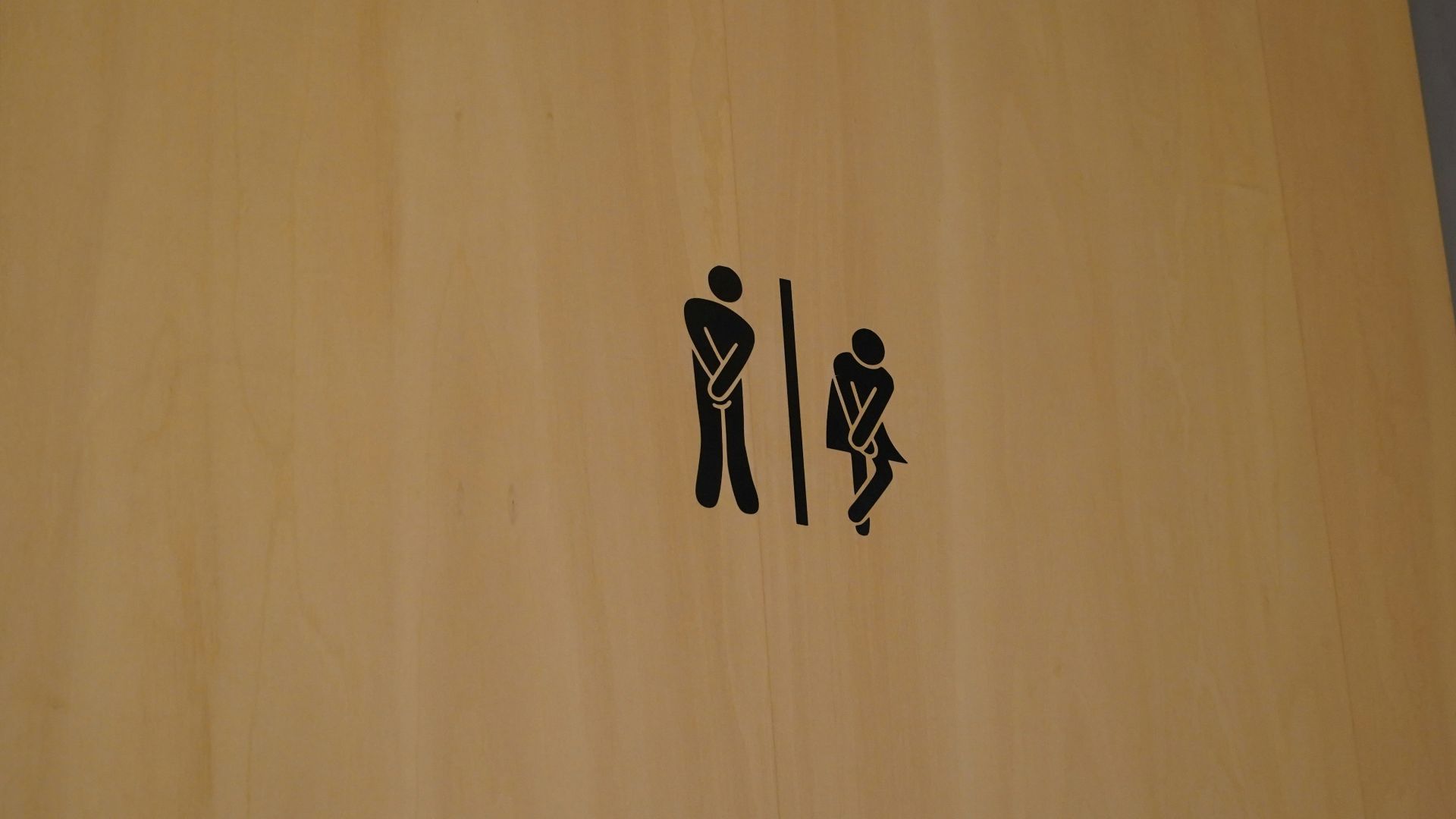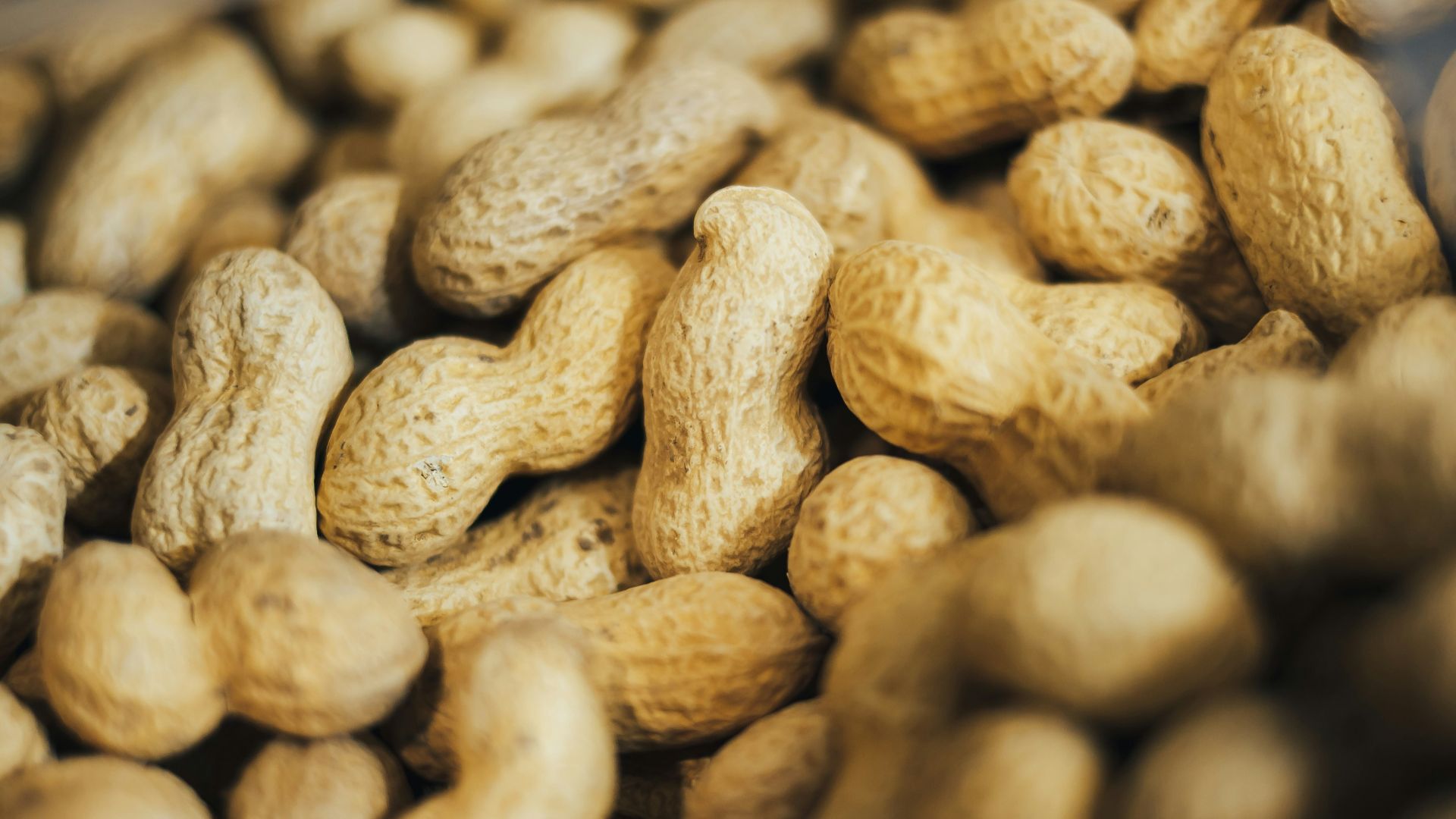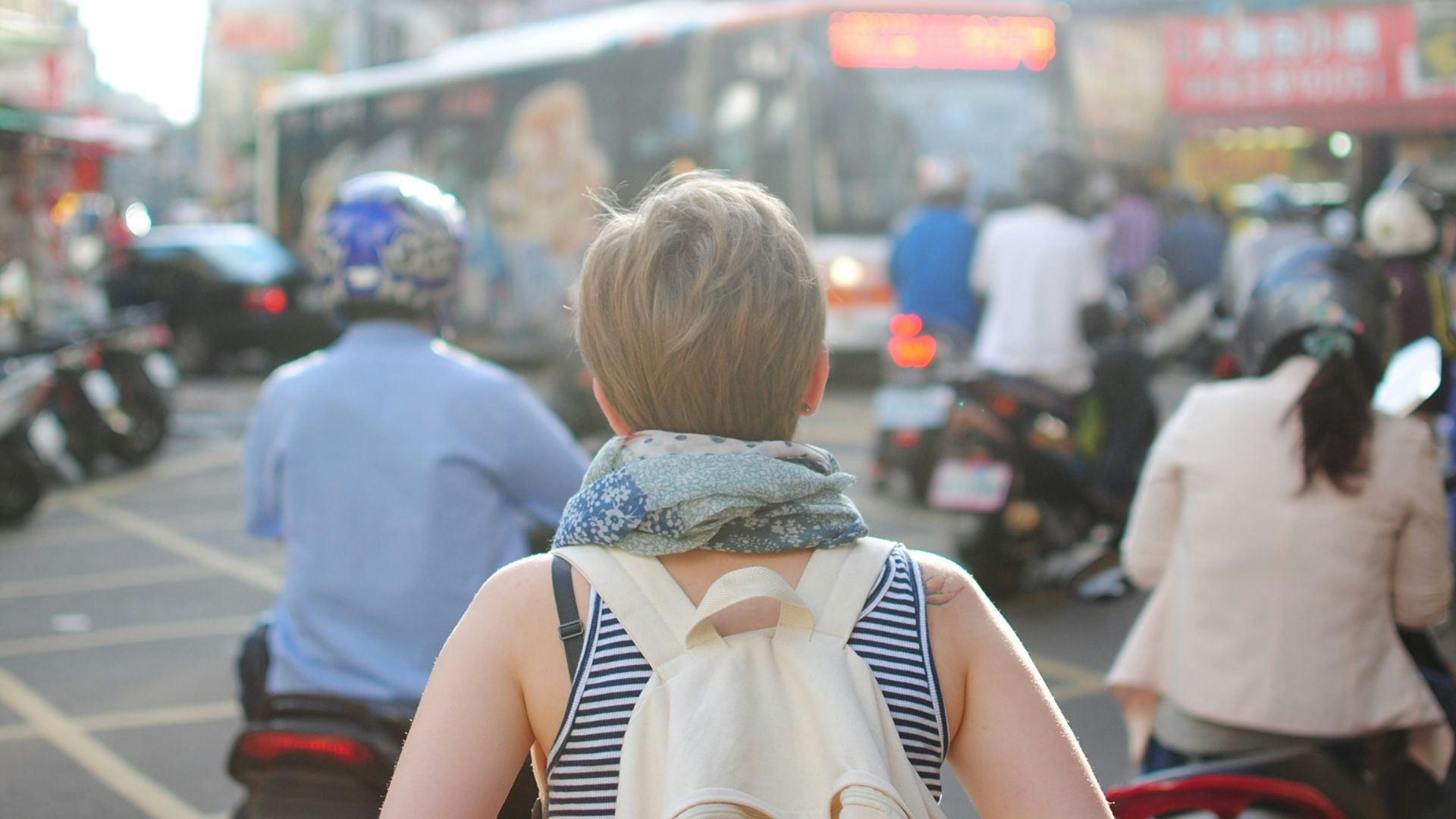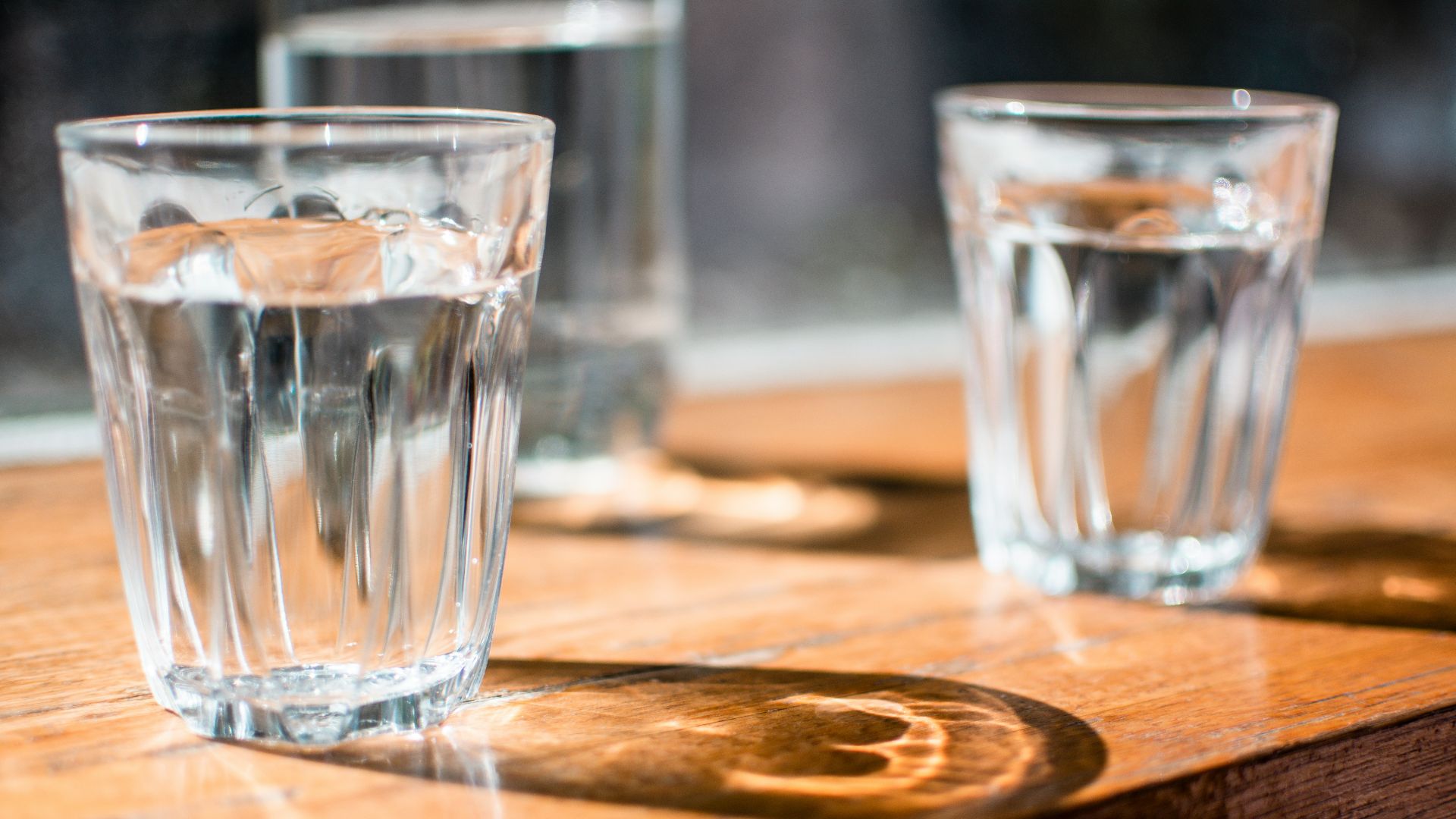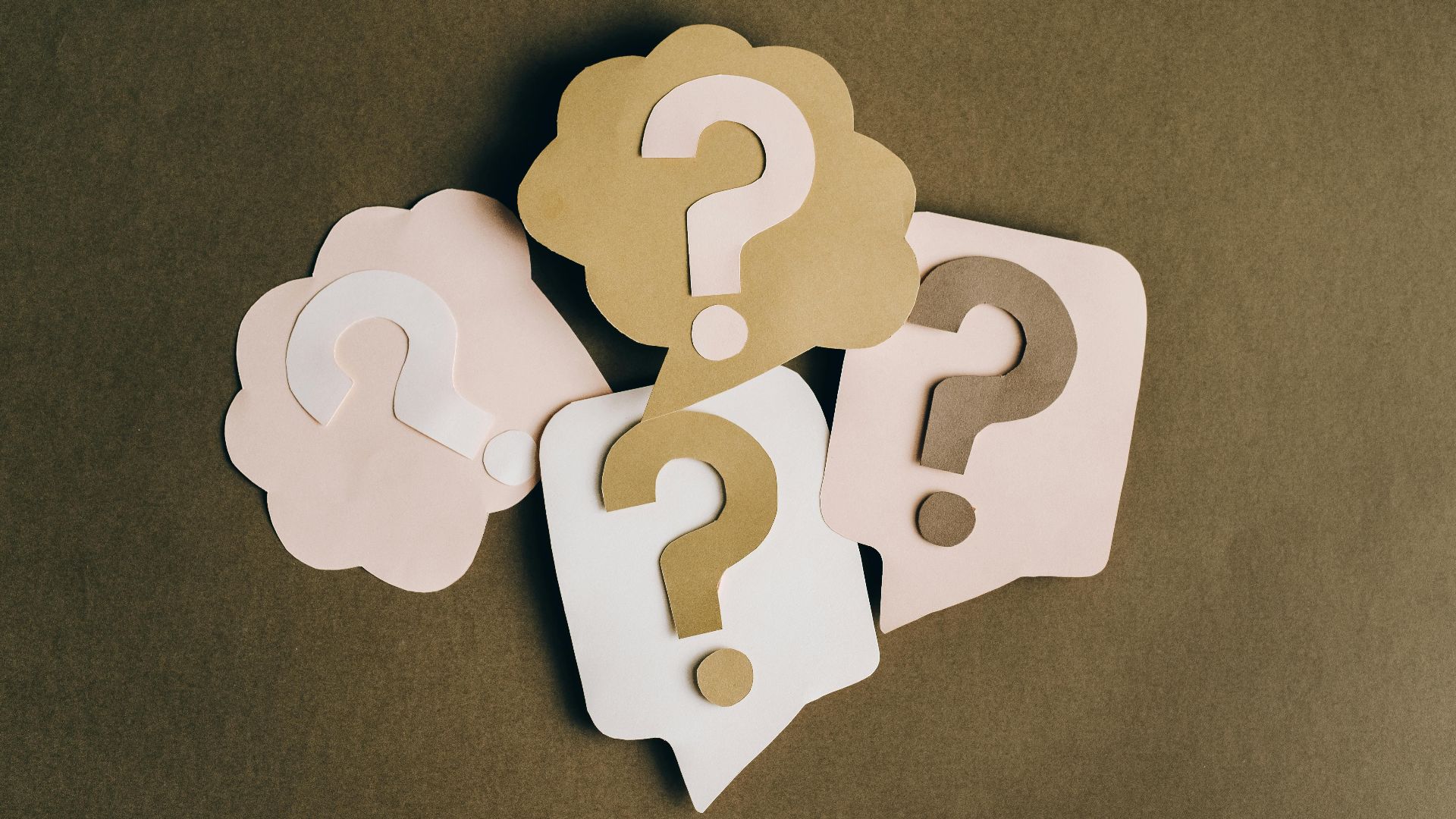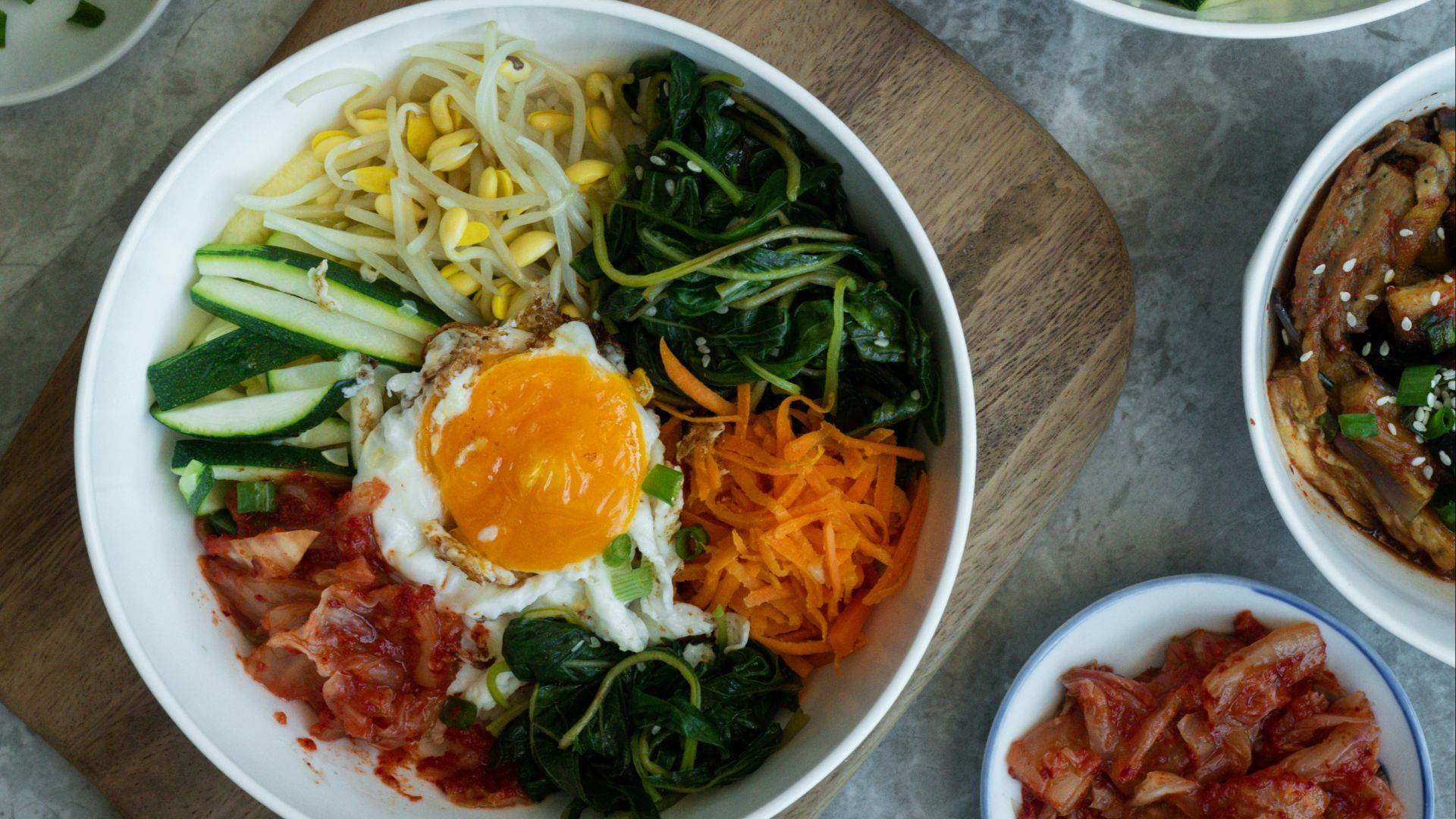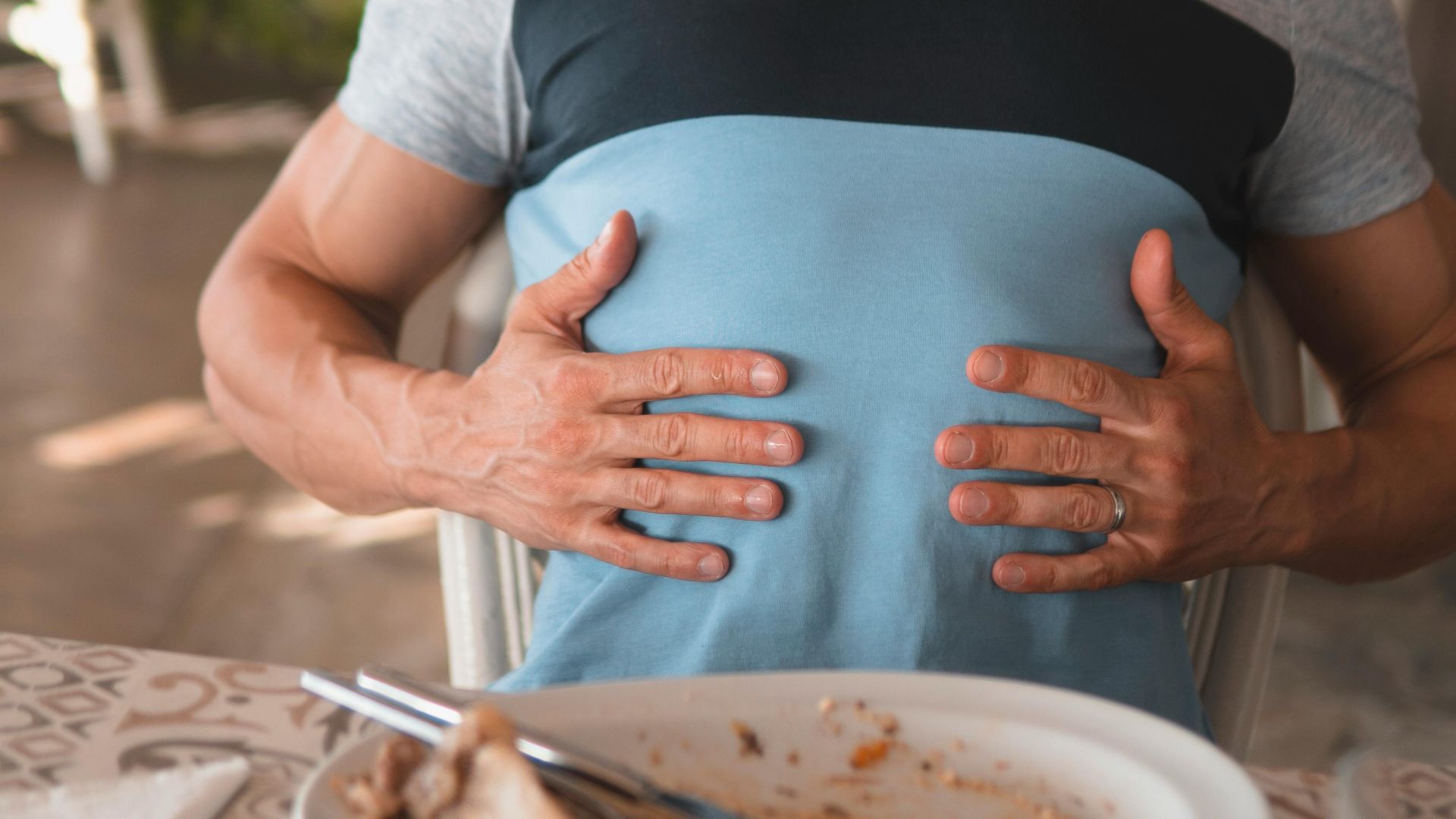Know These Korean Phrases Before Your First Visit
If you're a Korean drama junkie, chances are you've already picked up a few phrases from binge-watching your favorite shows. And while that's a great start, not all of them will come in handy when you're actually traveling there. Ready for a quick language lesson to make sure you're ready to go? Here are 20 essential phrases to know for your next trip to South Korea.
1. Annyeonghaseyo
Probably the most basic and essential phrase you'll want to know before you travel to South Korea is annyeonghaseyo, which means "Hello." You can use this greeting with anyone, and it can even be used to mean "Good morning" if you prefer it over joheun achimieyo.
2. Kamsahamnida
Another phrase you might already be familiar with and would be helpful to know is kamsahamnida, which means "Thank you." There are many variations of this, however, and if you're looking for a phrase that's not such a mouthful, you can also say gomawoyo instead, which is more casual.
3. Ne
Ne simply means "Yes." If a server is repeating your order back to you, you can say ne in response to show them that they have the correct items. Sometimes, you may also hear different variations, such as ye, or in casual settings (between friends), eung or eoh.
4. Aniyo
To say "No," simply use aniyo. You can say this when you're disagreeing with or politely declining something. Another similar phrase you may hear is anieyo, which means "it is not" and is used to denote a negation, so be careful not to mix them up.
5. Bangapsumnida
If you just introduced yourself to someone, you may want to end it off with bangapsumnida, which means "Nice to meet you." For something more casual, you can also say bangawoyo or mannaseo bangawoyo, which carry the same meaning.
6. Jweseonghamnida
If you need to apologize for something, such as bumping into someone in a busy train station, you can say jweseonghamnida. Too much of a mouthful? Thankfully, there are other ways you can say sorry, such as mianhamnida, jweseonghaeyo (less formal), and mianhaeyo (less formal).
7. Eolmayeyo?
Looking to buy a souvenir to take home, but not sure what the price is? Don't worry—just ask! To do so, ask a worker by showing the item and saying, "Eolmayeyo?" You can also say igeo eolmayeyo to be extra specific, where igeo means "this (item)".
8. Gileul Illuhseoyo
It's easy to get lost in a country that's as fun and diverse as South Korea, given its plethora of attractions and breathtaking sights. As you wander around, though, you might find yourself lost. To ask for help, try to find an official authority, like a police officer or train station attendant, and tell them gileul illuhseoyo ("I'm lost").
9. Igeo Juseyo
When ordering, don't feel stressed if you can't read the item. You can point to it on the list and say igeo juseyo, which means "This, please." As you'll see, you can tack on juseyo at the end of phrases where you're requesting or asking for something.
10. Hwajangshilee Odieyo?
Need to use the bathroom? Instead of hopping around and trying to hold it in until after you get back to your hotel, simply ask a worker or attendant by saying hwajangshilee odieyo ("Where is the bathroom?").
11. Juh Alluhji Iseoyo
If you have a food allergy, it's important to let your server know before placing an order. To do so, simply tell them juh alluhji iseoyo, which means "I have an allergy." Of course, make sure you specify what it is you're allergic to as well.
12. Yeongoh Hal Su Iseoyo?
Korean can be difficult to grasp, especially when you're just starting out with learning all the different phrases. If you find yourself tongue-tied, you can ask the person you're conversing with if they're able to speak English: yeongoh hal su iseoyo ("Can you speak English?")
13. Jal Moreugetneyo
If someone asks you something and you're not sure or you don't really understand, you can say jal moreugetneyo, which means "I'm not sure," or "I don't really know." This phrase may come in useful when you're being bombarded by new Korean phrases from locals!
14. Mashiseoyo
Want to say something is delicious? Simply say mashiseoyo! You can use this phrase to express how much you're enjoying your meal if someone comes by to ask you, such as the server or chef. (If something is really delicious, you can also say neomu mashiseoyo!)
15. Mul Juseyo
As we've mentioned, you'll see juseyo pop up in several phrases you'll encounter during your trip in South Korea. Here's another example: when you're at a restaurant and you want water, simply say mul juseyo, which means "Water, please."
16. Igeo Mwoyeyo?
If you're unsure what something is, you can ask someone by saying igeo mwoyeyo ("What is this?"). This phrase will come in especially handy when you're ordering at a restaurant but you're not familiar with some of the items on the menu.
17. Jal Meogessumnida
Koreans usually say jal meogessumnida before eating, which means "I'll eat well." This is to express gratitude and respect to the people who made the food and the effort that went into preparing it. Don't be afraid to join the tradition and say this before your meal as well!
18. Jal Meogeotsumnida
The phrase might seem similar to the previous one (jal meogessumnida), but jal meogeotsumnida means "I ate well." Koreans say this after finishing their meal to, again, extend their thanks and respect to the person who prepared the food. Just be careful not to mix the phrases up!
19. Jeogiyo
If you want to get someone's attention, you can say jeogiyo, which is equivalent to "Excuse me." You can use this, for example, when you're ready to order at a restaurant and want to catch the server's attention.
20. Gwenchanayo
If you want to say that something is alright or that you're fine with it, simply say gwenchanayo ("That's okay" or "I'm good."). You can also use this to refuse something, such as when you're asked if you want more water and you don't need it.



